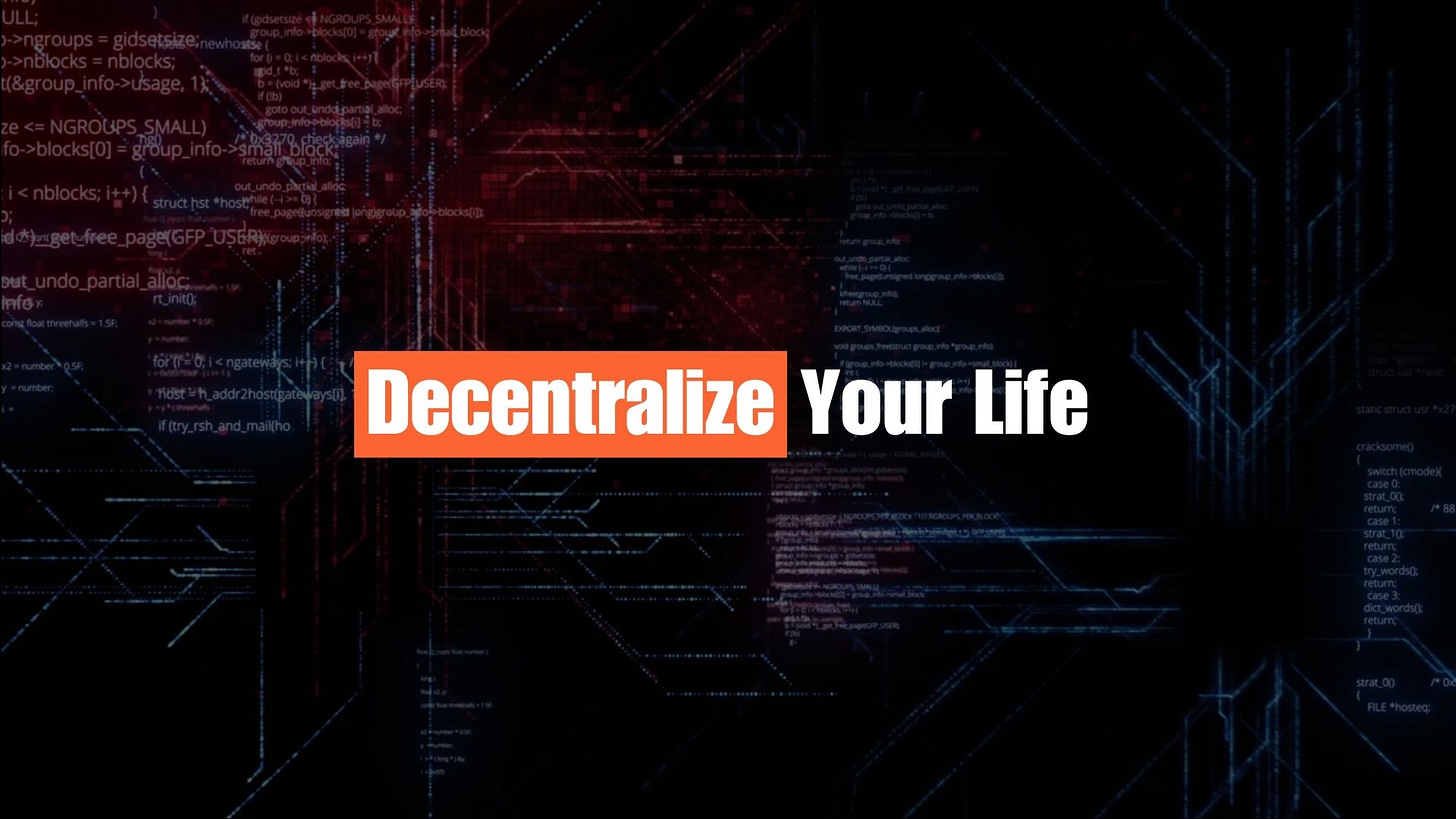When Healthcare Systems Fail: Inside a Breach Impacting Over a Million Lives
#Cybersecurity #DeFi #Innovation
1.4 million patients. Sensitive data stolen. A cyberattack has exposed the fragile underbelly of healthcare systems.
Here's the shocking story of the Texas Tech University Health Sciences Center breach—and why it matters to everyone.
In September 2024, hackers infiltrated Texas Tech’s health system.
The breach lasted 12 days, compromising Social Security numbers, medical records, financial info, and more.
Over 2.6 TB of data was stolen. Yes, terabytes.
The attackers?
A ransomware group called Interlock. They hit hard, leaked millions of files, and taunted their victim. While the university scrambled to respond, patients were left vulnerable.
Imagine your entire identity up for grabs.
This wasn’t just a tech failure—it was a systemic breakdown.
Public institutions like Texas Tech’s Health Sciences Center are pillars of education, research, and care.
But their cybersecurity? Often outdated and woefully underfunded.
Think about it:
• Your medical history.
• Your insurance details.
• Your financial accounts.
All stored in databases that hackers can breach with terrifying ease. Why isn’t this being treated like the crisis it is?
And it’s not just Texas Tech.
In 2023 alone, the U.S. healthcare sector faced over 1,000 cyberattacks. Ransomware gangs like Interlock are exploiting vulnerable systems, making patient data a lucrative target.
What’s worse? The reaction.
Institutions offer free credit monitoring (a band-aid), while hackers profit. Patients, meanwhile, are left to wonder: “What happens if my data is used against me?”
Here’s the hard truth: Traditional cybersecurity approaches are failing. Centralized systems are prime targets.
Hackers know where the data is—and once they’re in, they own it.
This is where DeFi-inspired principles can offer hope.
DeFi (Decentralized Finance) revolutionized finance by decentralizing data and removing single points of failure.
What if healthcare could adopt similar principles? Decentralized, secure, and trustless systems where you control your data.
Imagine:
• Medical records stored securely on a blockchain.
• Access controlled by you, not an institution.
• Hackers facing insurmountable barriers to breach decentralized networks.
That’s not sci-fi—it’s within reach.
But let’s be real: This kind of innovation doesn’t come easily.
Institutions are resistant. Change is slow.
And the stakes—both financial and ethical—are massive. Yet the alternative is more Texas Tech scenarios.
The breach exposed another irony.
While hackers innovate constantly, institutions remain stuck. Ransomware, extortion portals, dark web leaks—these are 21st-century crimes.
So why are we using 20th-century defenses?
Decentralized systems could be the breakthrough.
Here’s why:
• No central server = no single target.
• Transparency ensures breaches are detected immediately.
• Patients retain ownership, reducing institutional liability.
And the numbers back this up: DeFi platforms have shown the resilience of decentralized systems, managing billions in assets without suffering large-scale breaches like this.
Why not apply this to sensitive data beyond finance?
This isn’t just about cybersecurity—it’s about trust.
Patients trust institutions to safeguard their most personal information. Breaches like this shatter that trust.
Decentralization can restore it by giving power back to individuals.
The Texas Tech attack isn’t just a story of failure.
It’s a warning. A call to action.
Our systems are broken, and the stakes couldn’t be higher. But the solutions exist—we just need the courage to adopt them.
So, what can you do?
• Stay vigilant about your own data.
• Push for better security in the institutions you rely on.
• Explore how decentralized technologies could reshape industries.
The future of data security depends on us. 💡
The next breach is only a matter of time.
The question is: Will we learn from this one? Or will we wait until the damage is irreversible?
Thanks for reading! Love what you read? Subscribe and never miss an update!





